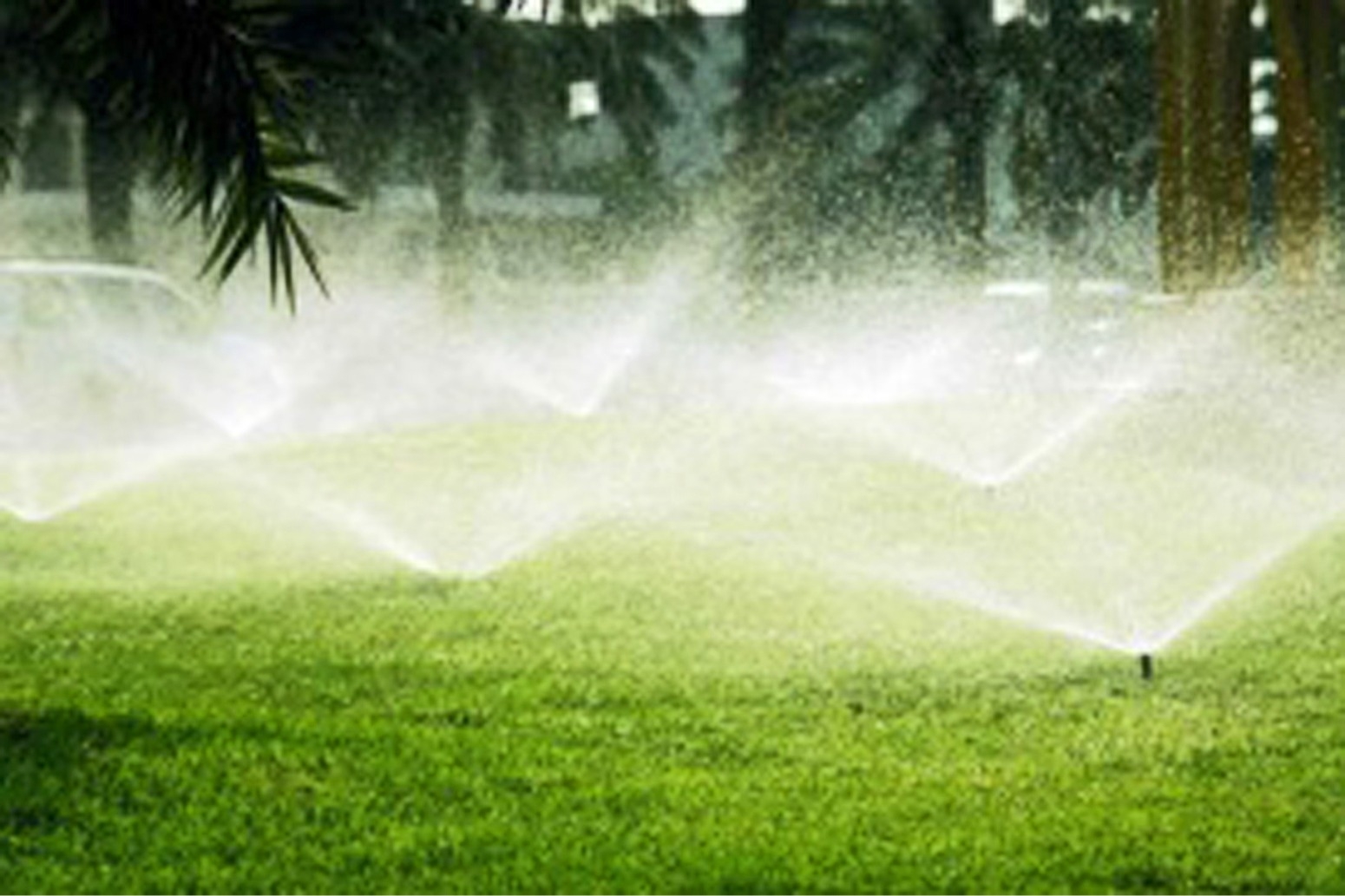Irrigation System Maintenance Tips
By Nick Linden - June 24, 2024
Irrigation System Maintenance Tips
An irrigation system is essential for maintaining a healthy and vibrant landscape. Proper maintenance ensures the system operates efficiently, conserving water and saving money. Here are some essential tips for maintaining your irrigation system:
1. Regular Inspection
Regularly inspect your irrigation system to identify any issues early. Look for leaks, broken sprinkler heads, and areas with uneven water distribution. Conduct a thorough inspection at the beginning and end of each season.
2. Clean the Sprinkler Heads
Sprinkler heads can get clogged with dirt and debris, which affects water distribution. Clean them periodically to ensure they are working efficiently. Use a soft brush or cloth to remove any buildup on the heads.
3. Check for Leaks
Leaks in the system can waste a significant amount of water. Check for wet spots in the yard, unusually high water bills, or water pooling around the sprinkler heads. Repair any leaks promptly to conserve water and maintain system efficiency.
4. Adjust Sprinkler Heads
Ensure that the sprinkler heads are properly aligned to water the intended areas. Misaligned heads can lead to water wastage and dry spots. Adjust the heads so that they cover the landscape evenly without spraying onto sidewalks, driveways, or buildings.
5. Test the System
Run a test of your irrigation system at least once a month. This will help you identify any problems with water pressure, coverage, or functionality of the components. Make necessary adjustments or repairs based on your findings.
6. Seasonal Adjustments
Adjust the irrigation schedule according to the season. Plants require different amounts of water during different times of the year. Reduce watering during cooler months and increase it during hot, dry periods. Install a rain sensor to automatically shut off the system during rainfall.
7. Winterization
If you live in an area with freezing temperatures, it's crucial to winterize your irrigation system. Drain all water from the system to prevent pipes from freezing and bursting. Use an air compressor to blow out any remaining water in the lines.
8. Upgrade to Smart Technology
Consider upgrading to a smart irrigation controller. These devices adjust watering schedules based on weather conditions, soil moisture, and plant needs. Smart controllers can save water and reduce the need for manual adjustments.
9. Monitor Water Pressure
High or low water pressure can affect the performance of your irrigation system. Use a water pressure gauge to check the pressure regularly. Install a pressure regulator if necessary to maintain optimal pressure levels.
10. Hire a Professional
For complex issues or annual maintenance, consider hiring a professional irrigation technician. They can perform a comprehensive system check, make necessary repairs, and provide expert advice on maintaining your irrigation system.
By following these tips, you can ensure your irrigation system remains efficient, conserving water and keeping your landscape healthy. Regular maintenance not only extends the life of your system but also contributes to water conservation efforts.
Go Back An irrigation system is essential for maintaining a healthy and vibrant landscape. Proper maintenance ensures the system operates efficiently, conserving water and saving money. Here are some essential tips for maintaining your irrigation system:
1. Regular Inspection
Regularly inspect your irrigation system to identify any issues early. Look for leaks, broken sprinkler heads, and areas with uneven water distribution. Conduct a thorough inspection at the beginning and end of each season.
2. Clean the Sprinkler Heads
Sprinkler heads can get clogged with dirt and debris, which affects water distribution. Clean them periodically to ensure they are working efficiently. Use a soft brush or cloth to remove any buildup on the heads.
3. Check for Leaks
Leaks in the system can waste a significant amount of water. Check for wet spots in the yard, unusually high water bills, or water pooling around the sprinkler heads. Repair any leaks promptly to conserve water and maintain system efficiency.
4. Adjust Sprinkler Heads
Ensure that the sprinkler heads are properly aligned to water the intended areas. Misaligned heads can lead to water wastage and dry spots. Adjust the heads so that they cover the landscape evenly without spraying onto sidewalks, driveways, or buildings.
5. Test the System
Run a test of your irrigation system at least once a month. This will help you identify any problems with water pressure, coverage, or functionality of the components. Make necessary adjustments or repairs based on your findings.
6. Seasonal Adjustments
Adjust the irrigation schedule according to the season. Plants require different amounts of water during different times of the year. Reduce watering during cooler months and increase it during hot, dry periods. Install a rain sensor to automatically shut off the system during rainfall.
7. Winterization
If you live in an area with freezing temperatures, it's crucial to winterize your irrigation system. Drain all water from the system to prevent pipes from freezing and bursting. Use an air compressor to blow out any remaining water in the lines.
8. Upgrade to Smart Technology
Consider upgrading to a smart irrigation controller. These devices adjust watering schedules based on weather conditions, soil moisture, and plant needs. Smart controllers can save water and reduce the need for manual adjustments.
9. Monitor Water Pressure
High or low water pressure can affect the performance of your irrigation system. Use a water pressure gauge to check the pressure regularly. Install a pressure regulator if necessary to maintain optimal pressure levels.
10. Hire a Professional
For complex issues or annual maintenance, consider hiring a professional irrigation technician. They can perform a comprehensive system check, make necessary repairs, and provide expert advice on maintaining your irrigation system.
By following these tips, you can ensure your irrigation system remains efficient, conserving water and keeping your landscape healthy. Regular maintenance not only extends the life of your system but also contributes to water conservation efforts.
